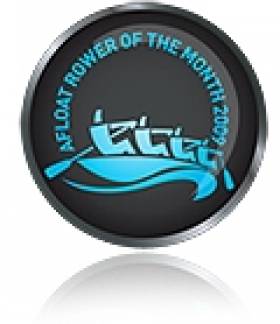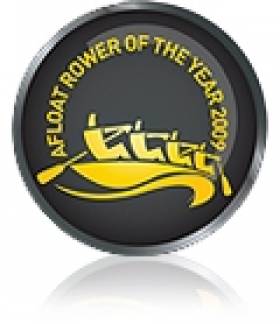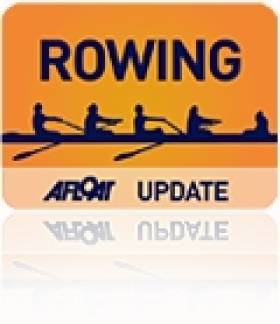Displaying items by tag: Lightweight
#ROWING: The Afloat Rowers of the Month for May are Paul and Gary O’Donovan. The brothers from Skibbereen formed the Ireland lightweight double which finished fifth at the European Rowing Championships in Poznan in Poland. They produced a very good performance in their semi-final to take third and so qualify for the A Final. In that race, they won a battle for fifth with Turkey. The winning crew, France, produced a European best time. The lightweight double is an extremely competitive event, but the new Ireland crew has hit the ground running.
Rower of the Month awards: The judging panel is made up of Liam Gorman, rowing correspondent of The Irish Times and David O'Brien, Editor of Afloat magazine. Monthly awards for achievements during the year will appear on afloat.ie and the overall national award will be presented to the person or crew who, in the judges' opinion, achieved the most notable results in, or made the most significant contribution to rowing during 2015. Keep a monthly eye on progress and watch our 2015 champions list grow.
Paul O'Donovan is Afloat Rower of the Year for 2013
# RowerOfTheYear: Paul O’Donovan is the Afloat Rower of the Year for 2013. The scholarship student at UCD raced to a bronze medal in the lightweight single sculls the World Under-23 Championships at Linz-Ottensheim in Austria in July. The previous month the 19-year-old had made his mark as a senior international when the reached the A Final at the World Cup Regatta at Dorney Lake, the Olympic venue, finishing sixth.
For these feats the Skibbereen man won the Afloat Rower of the Month Awards for June and July. He is a worthy recipient of the Afloat Rower of the Year Award for 2013.
Rower of the Year: The judging panel is made up of Liam Gorman, rowing correspondent of The Irish Times and David O'Brien, Editor of Afloat magazine.
Ireland’s lightweight double scull of Siobhan McCrohan and Claire Lambe finished fifth in their heat at the World Rowing Championships in Bled in Slovenia today. Britain won the race and took the direct route to the A/B semi-final, while Ireland move on to a repechage.
The Ireland lightweight quadruple scull of Niall Kenny, Michael Maher, Justin Ryan and Mark O’Donovan finished second in their heat. Germany took the one qualification place on offer.
World Rowing Championships, Bled, Slovenia – Day Two (Irish interest)
Men – Lightweight Quadruple Scull – Heat One (First Directly to A Final: rest to Repechage); 1 Germany 5:59.98, 2 Ireland (N Kenny, M Maher, J Ryan, M O’Donovan) 6:03.05, 3 United States 6:08.81, 4 Armenia 7:03.70
Women – Lightweight Double Scull – Heat Three (First Directly to A/B Semi-Final): 1 Britain 7:02.03; 2 New Zealand 7:02.88, 3 Netherlands 7:07.47, 4 Sweden 7:10.96, 5 Ireland (S McCrohan, C Lambe) 7:16.14, 6 Czech Republic 7:39.70.
Adaptive – Legs, Trunk and Arms Mixed Coxed Four – Heat One (First Two Directly to A/B Semi-Final): 1 Britain 3:28.27, 2 Ireland (A-M McDaid, S Caffrey, S Ryan, K du Toit; cox: H Arbuthnot) 3:35.33; 3 Brazil 3:43.52, 4 Poland 3:49.13, 5 South Africa 4:03.41, 6 Belarus 4:24.31.































































